How Blockchain Prediction Markets Are Disrupting Sports Betting in 2025

In 2025, the sports betting landscape is undergoing a seismic shift as blockchain prediction markets accelerate in adoption and sophistication. Crypto-native platforms are attracting both veteran bettors and new participants, drawn by transparent, decentralized alternatives to traditional sportsbooks. This transformation is not just technological but deeply structural – upending how odds are set, bets are settled, and market integrity is maintained.

Blockchain Sports Betting: The New Standard for Transparency
Blockchain betting platforms like Polymarket, Underdog (in partnership with Crypto. com), and Robinhood’s new prediction market arm have made headlines in 2025 by removing geographic barriers and central points of control. These decentralized sports betting markets operate on public blockchains, ensuring every wager, result, and payout is recorded immutably for all to see. This level of transparency is a game changer for trust in the industry.
Unlike legacy sportsbooks that can limit winners or alter terms without recourse, blockchain-based event markets allow users to trade on outcomes directly with one another. As noted by PredictCoins, these platforms eliminate geo-blocking and arbitrary limits, opening up global liquidity pools that dwarf what was previously possible.
Key Developments Redefining Sports Betting in 2025
Major 2025 Milestones in Blockchain Sports Betting
-

Polymarket’s U.S. Re-entry: After a three-year regulatory hiatus, Polymarket received CFTC approval to resume U.S. operations by acquiring QCEX, a licensed derivatives exchange. This move marks the first federally regulated crypto prediction market for sports in the United States.
-
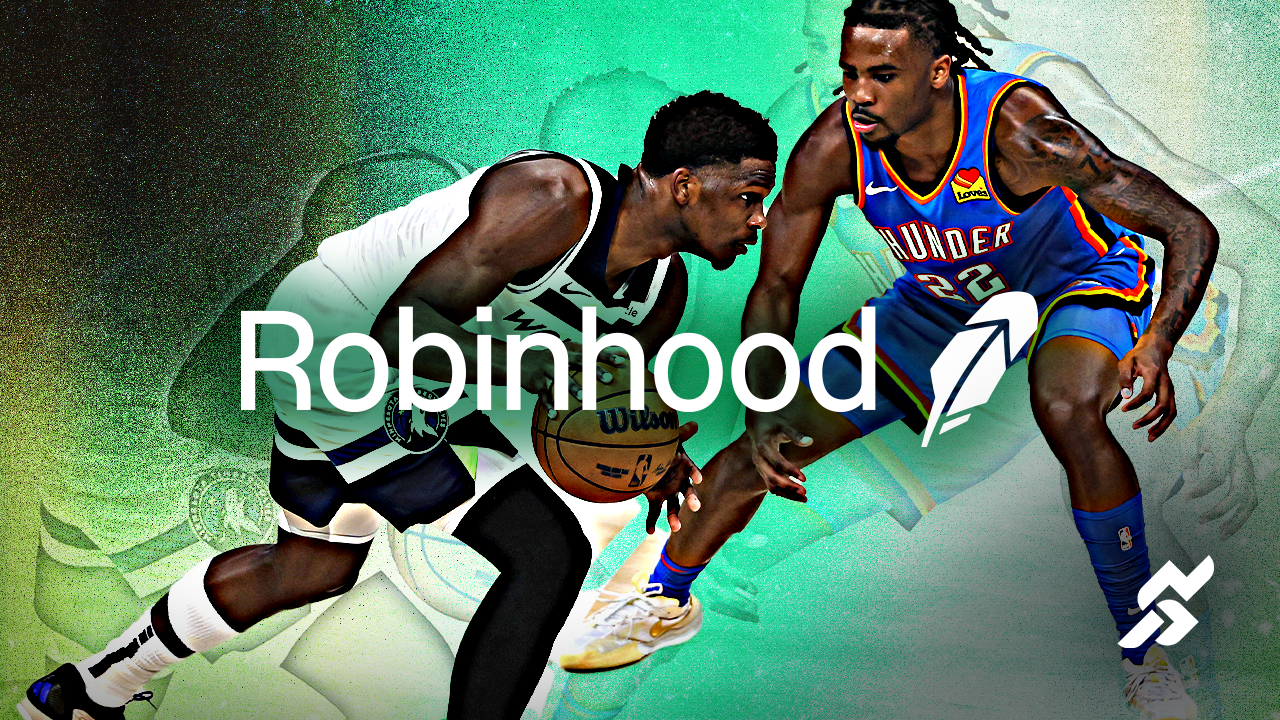
Robinhood Launches Sports Prediction Markets: In August 2025, Robinhood introduced prediction markets for NFL and NCAA football games via Robinhood Derivatives in partnership with Kalshi, enabling users to trade on sports outcomes directly within the popular trading app.
-

Underdog and Crypto.com Nationwide Rollout: Underdog, in collaboration with Crypto.com Derivatives North America, launched sports prediction markets across 16 U.S. states, including jurisdictions where traditional sports betting remains illegal, leveraging blockchain infrastructure for real-time, compliant sports trading.
-
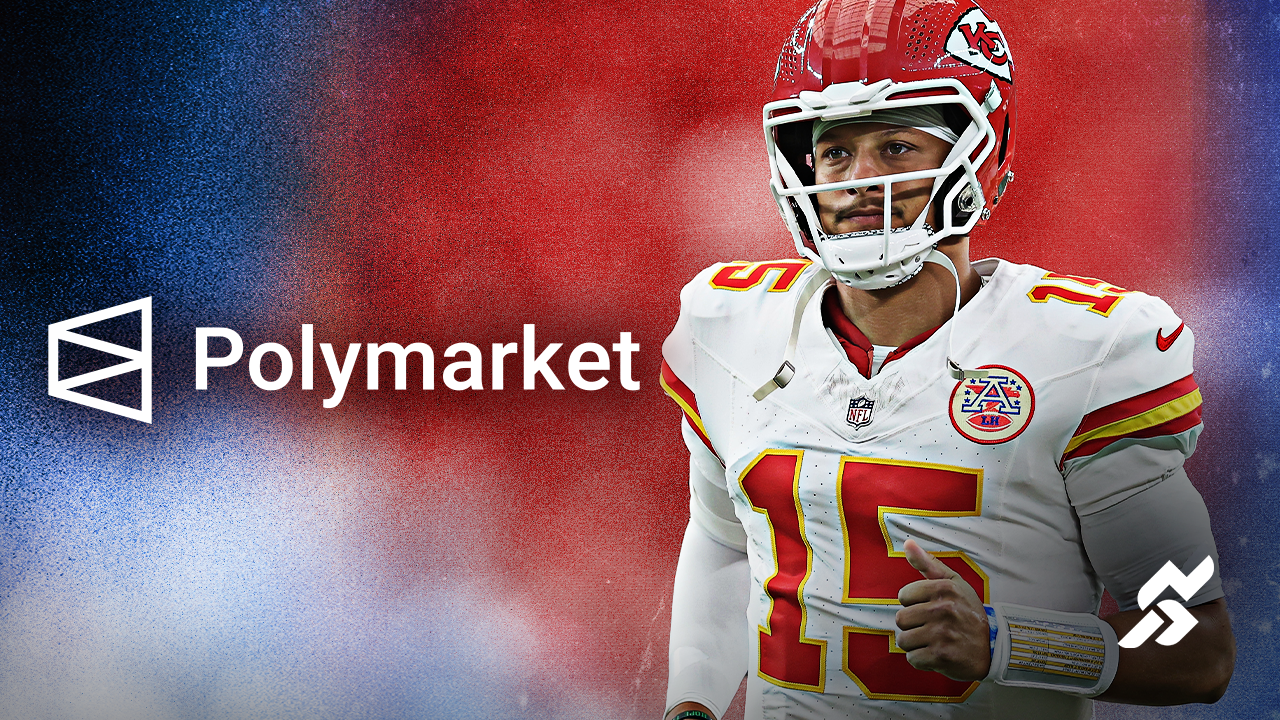
Global Accessibility Through Decentralized Platforms: Decentralized prediction markets like Polymarket now offer unrestricted, global access to sports betting, bypassing regional limitations that constrain traditional sportsbooks.
-

Transparent, Tamper-Proof Betting: All transactions and outcomes on blockchain-based platforms are recorded on public ledgers, ensuring unprecedented transparency and trust for sports bettors worldwide.
-
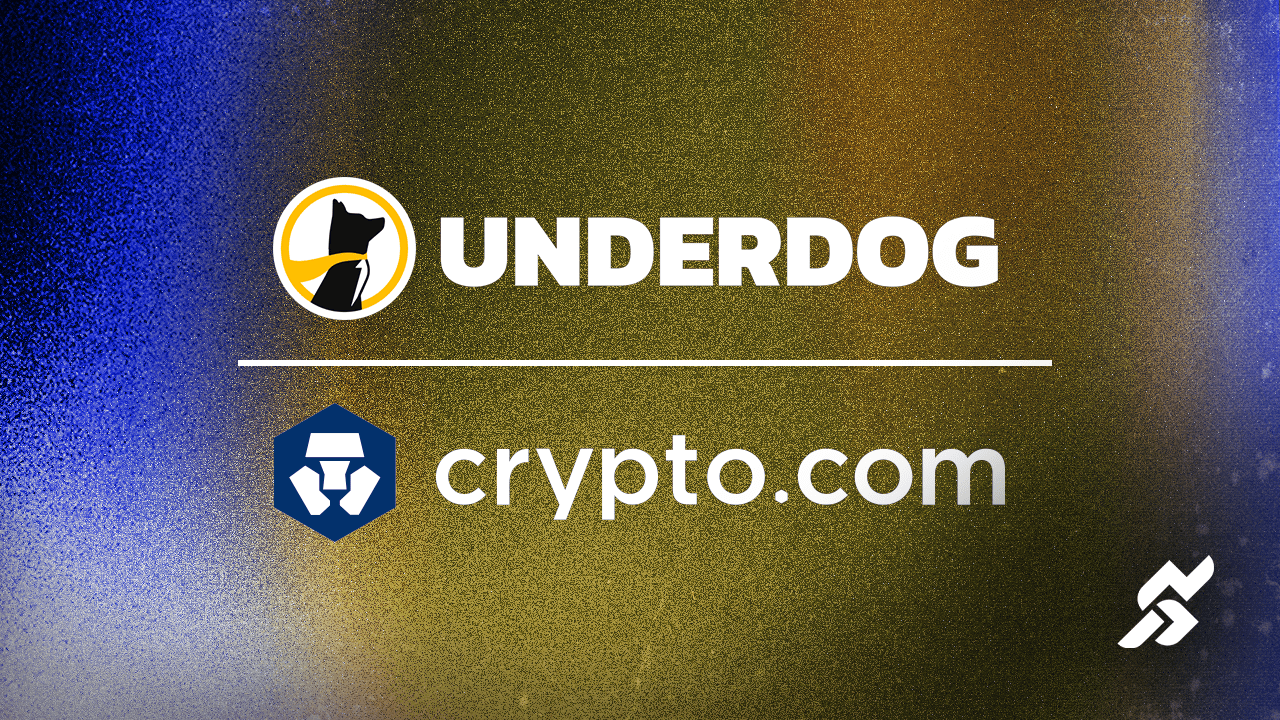
Lower Fees and Higher Payouts: By eliminating intermediaries, decentralized prediction markets reduce operational costs, resulting in lower fees and potentially higher returns for users compared to legacy betting platforms.
-
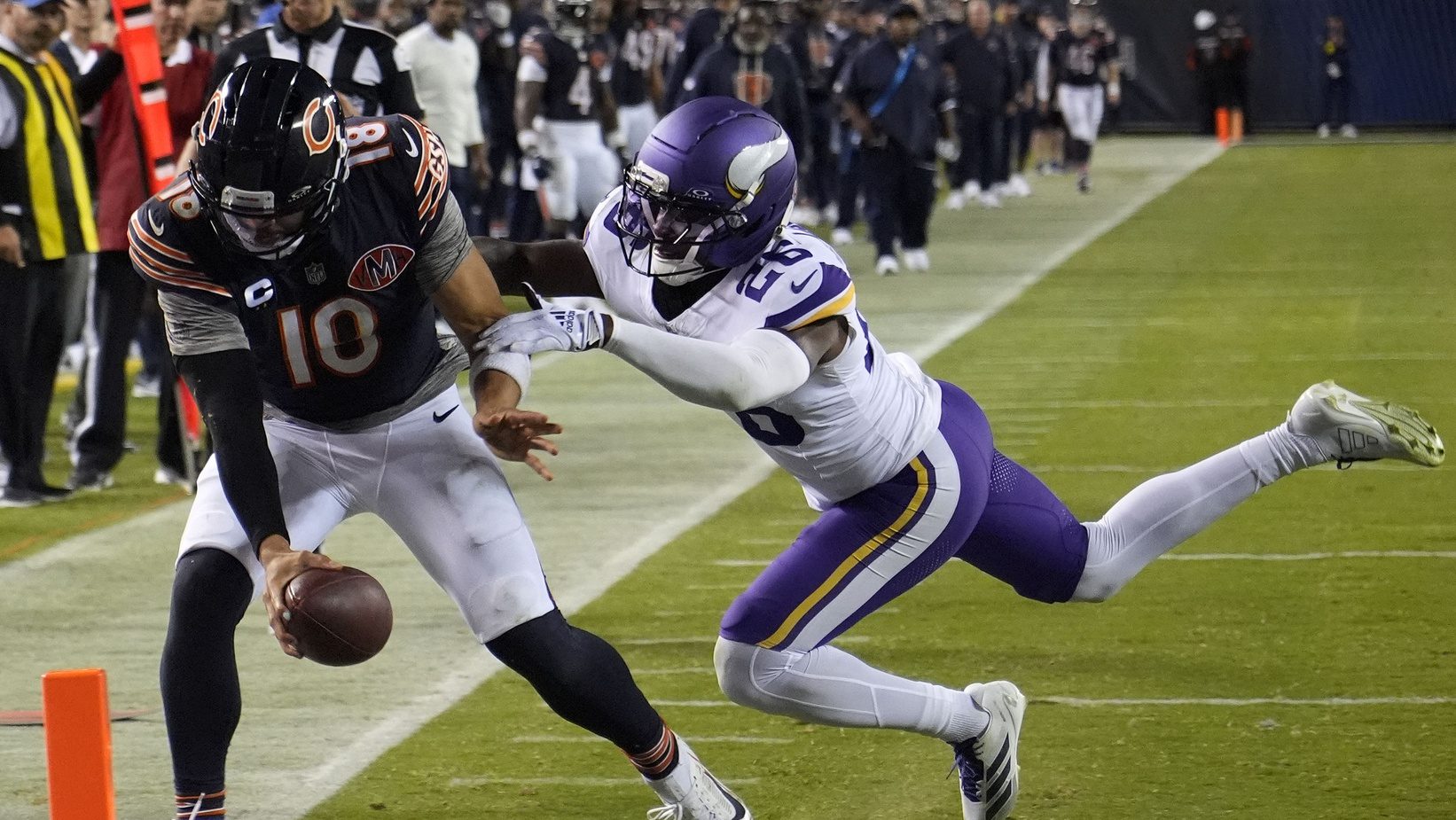
Regulatory and Industry Pushback: The rapid growth of blockchain prediction markets has prompted scrutiny from regulators and industry stakeholders, with organizations like the NFL voicing concerns over integrity monitoring and responsible gambling safeguards.
The regulatory landscape has evolved rapidly to keep pace. In September 2025, Polymarket’s $112 million acquisition of QCEX secured CFTC approval for its U. S. re-entry after years of legal limbo (Reuters). Meanwhile, Robinhood’s launch of NFL and NCAA football prediction contracts through Kalshi signals mainstream finance’s embrace of crypto-native event markets (The Block).
Perhaps most disruptive is Underdog’s nationwide rollout with Crypto. com Derivatives North America across 16 U. S. states – including regions where state-regulated sportsbooks remain illegal (CryptoTimes). By leveraging derivatives trading infrastructure rather than traditional gambling licenses, these platforms offer real-time trading on sporting outcomes within a federally compliant framework.
Why Bettors Are Choosing Decentralized Prediction Markets
The appeal of blockchain sports betting in 2025 boils down to several core advantages:
- Global Accessibility: Anyone with a crypto wallet can participate – no KYC hoops or regional lockouts.
- Tamper-Proof Transactions: Every bet and outcome is publicly verifiable on-chain; disputes are virtually eliminated.
- Lower Fees and Higher Payouts: By cutting out intermediaries, decentralized markets provide more favorable odds and faster settlements than their centralized counterparts.
- Pseudonymous Participation: Users retain privacy while engaging in regulated activity where allowed.
This combination has propelled the sector’s growth: Citizens Gaming analyst Jordan Bender projects that sports event contracts could generate $555 million in volume by year-end 2025 (Esports Insider). The global sports betting market itself reached $107.40 billion in 2024 and continues to expand at a CAGR of 9.3% (Yahoo Finance). Blockchain prediction markets are capturing an increasing share of this fast-growing pie as liquidity deepens and mainstream brands enter the space.
Still, this rapid ascent is not without challenges. Regulatory scrutiny is intensifying as prediction markets blur the lines between trading and gambling. The NFL has voiced concerns about the lack of traditional integrity monitoring and responsible gambling protections on decentralized platforms, raising questions about market manipulation and consumer safeguards. Meanwhile, operators like Kalshi maintain that their sports event contracts constitute regulated derivatives rather than gambling products, underscoring the evolving legal landscape (Axios).
For users, the advantages remain clear: instant settlement, borderless access, and a level of transparency that legacy sportsbooks simply cannot match. The experience of trading on outcomes, rather than betting against a house, has proven especially attractive to crypto-native audiences who value autonomy and open markets.
What to Watch: Trends Shaping Blockchain Sports Betting
Top 5 Crypto Prediction Market Trends in Sports Betting (2025)
-

Polymarket’s U.S. Comeback via CFTC Approval: In 2025, Polymarket re-entered the U.S. market after securing approval from the Commodity Futures Trading Commission (CFTC) through its $112 million acquisition of QCEX. This move enables fully regulated, blockchain-based sports prediction markets for American users.
-

Robinhood’s Launch of Sports Prediction Markets: Robinhood expanded into sports prediction markets, allowing users to trade on NFL and NCAA football outcomes via a partnership with Kalshi. This integration brings prediction markets to a mainstream trading platform, increasing accessibility for millions.
-

Nationwide Rollout by Underdog and Crypto.com: Underdog and Crypto.com Derivatives North America launched sports prediction markets in 16 U.S. states, including those where traditional betting is restricted. Their federally compliant model leverages blockchain for real-time, legal sports event trading.
-
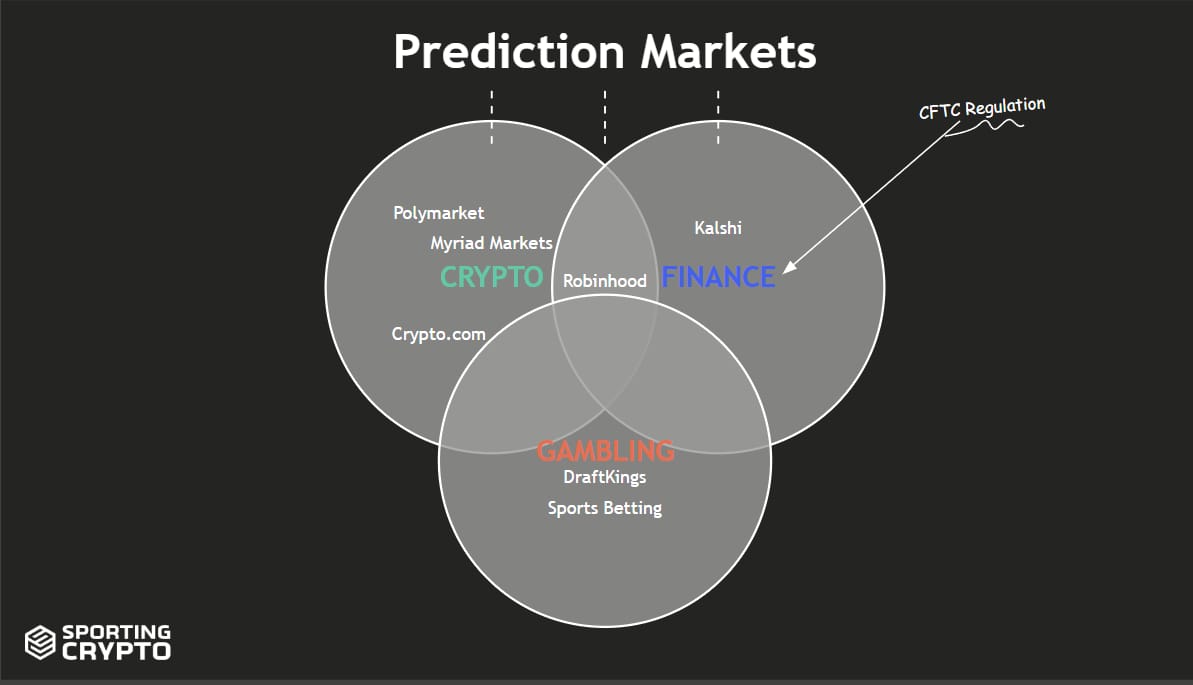
Global Accessibility and Decentralization: Decentralized platforms like Polymarket allow users worldwide to participate in sports prediction markets without regional restrictions, bypassing the limitations of traditional sportsbooks and enabling borderless wagering.
-

Enhanced Transparency and Lower Fees: Blockchain-based prediction markets record all transactions on public ledgers, ensuring tamper-proof betting and reducing fraud risk. The elimination of intermediaries leads to lower fees and potentially higher payouts for users compared to conventional betting platforms.
Liquidity is another key differentiator for blockchain betting platforms. By aggregating global users into shared pools, these markets achieve deeper liquidity and tighter spreads than most regional sportsbooks could ever offer. This enables sharper pricing and more sophisticated hedging strategies for both casual fans and professional traders alike.
The role of technology cannot be overstated. AI-driven odds engines now power many blockchain prediction markets, instantly adjusting prices based on real-time data feeds from oracles and crowd sentiment analysis. This dynamic approach further enhances market efficiency and responsiveness to breaking news or unexpected developments.
The Future Outlook: Balancing Innovation With Oversight
The coming year will be pivotal as regulators, leagues, and technology providers negotiate new frameworks for oversight without stifling innovation. Platforms that proactively implement integrity monitoring, transparent dispute resolution mechanisms, and responsible gaming tools will be best positioned to earn trust from both users and authorities.
Ultimately, the disruption unleashed by blockchain prediction markets in 2025 signals a lasting transformation for sports betting worldwide. As mainstream adoption accelerates, and as regulatory clarity improves, the gap between traditional bookmakers and decentralized event markets will only widen. For bettors seeking transparency, speed, better odds, and global access, blockchain-powered platforms are fast becoming the preferred choice.







